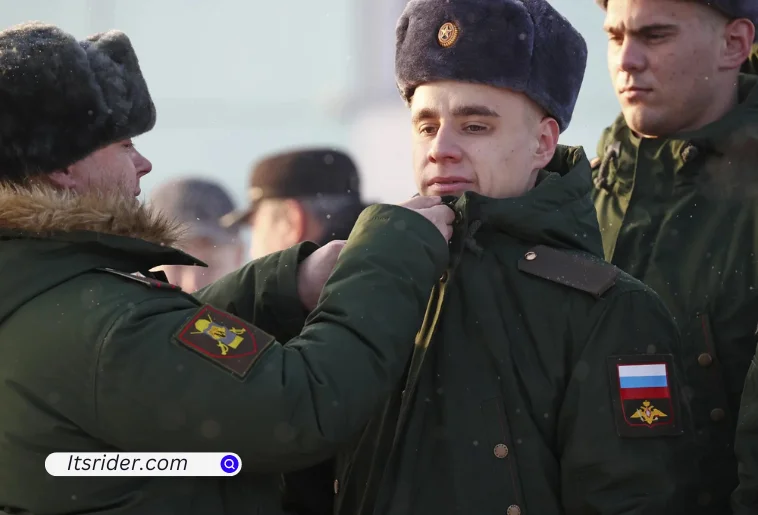The resurgence of conscription across Europe signifies a significant shift in defense policies, prompted by the escalating threat from Russia. As nations reassess their military strategies, the revival of mandatory military service emerges as a crucial response to fortify national defense and address recruitment challenges.
Historical Context and Current Motivations
Conscription, a practice with roots in the Napoleonic era, had largely fallen out of favor in Europe after the Cold War. The collapse of communism and the subsequent reduction in perceived military threats led many European countries to rely on professional volunteer armies. However, Russia’s 2014 annexation of Crimea and its full-scale invasion of Ukraine in 2022 reignited fears of regional instability, prompting a reconsideration of conscription policies across the continent.
Germany’s Approach
Germany, a key player in European defense, is actively considering the reinstatement of conscription. Despite having a professional army, Germany faces significant recruitment challenges, with slow growth in military personnel numbers. The Bundestag’s special commissioner for the armed forces, Eva Högl, has suggested that conscription could help address these issues, particularly by tapping into the potential of female recruits, an area she believes is underutilized.
France and Poland’s Responses
France and Poland have also taken notable steps in response to the growing threat from Russia. France has focused on improving conditions for military personnel to enhance retention, offering benefits such as increased salaries, better retirement pensions, and support for housing and childcare. Poland, on the other hand, has significantly increased its defense budget and military personnel, with conscription being a key part of its strategy. The Polish military has grown substantially since 2015, reflecting the urgency of bolstering national defense in light of regional tensions.
The Baltic States
The Baltic states, particularly Latvia and Lithuania, have been on the frontlines of the renewed conscription debate. Latvia, initially resistant to conscription due to its association with the Soviet era, has reconsidered its stance following Russia’s actions in Ukraine. The Latvian government has introduced conscription to ensure numerical strength in its armed forces, addressing recruitment shortfalls and enhancing national security. Lithuania, which reinstated conscription in 2015, has similarly focused on strengthening its military capabilities.
Broader European Trends
Other European countries are also exploring conscription as a viable option to enhance their defense capabilities. In Sweden, the government has emphasized the need to prepare the nation for potential conflicts, with conscription being a key component of this strategy. The UK, traditionally reliant on a volunteer army, faces internal debates on whether to adopt conscription if the threat from Russia escalates further. General Sir Patrick Sanders of the UK has highlighted the necessity of mobilizing civilians and preparing for a possible conflict with Russia, emphasizing the importance of readiness and national defense.
Challenges and Criticisms
The reintroduction of conscription is not without challenges and criticisms. Opponents argue that conscription may not effectively address the complexities of modern warfare, which increasingly involves non-state actors and advanced technologies. Additionally, the financial and logistical burdens of implementing conscription are significant, and there are concerns about its impact on civil liberties and individual freedoms.
Furthermore, there is debate over whether conscription fosters a sense of national unity and civic duty or merely serves as a stopgap measure for recruitment issues. Critics also highlight the potential inefficiencies in training conscripts to meet the specialized demands of contemporary military operations.
Conclusion
As Europe grapples with the growing threat from Russia, the revival of conscription reflects a broader reassessment of defense policies and military preparedness. While the reintroduction of mandatory military service aims to address recruitment challenges and bolster national defense, it also raises important questions about the future of European security and the effectiveness of conscription in modern warfare. The evolving geopolitical landscape will continue to shape these debates, as European nations strive to balance national security with the complexities of contemporary military needs.
Read More: S&P 500 Downturn: Goldman Sachs Predicts Subdued Market Performance
